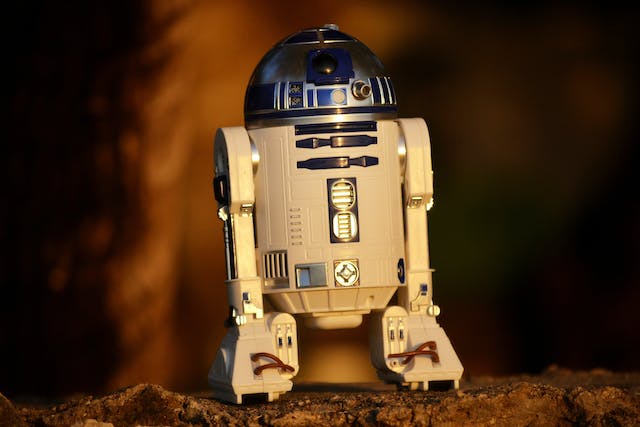In an era characterized by rapid technological progress, the integration of robotics into everyday life is becoming increasingly important.
An interesting aspect of this technological development is the emergence of social robots.
This is a machine designed not only to perform tasks, but also to connect with people on a social and emotional level.
As these robots become more sophisticated, a pressing question arises: Can machines really be our friends?
Social robots imitate human-like behaviors, expressions, and interactions It is designed to blur the line between human and machine.
These robots often have features such as facial recognition, natural language processing, and the ability to respond emotionally, allowing them to understand and adapt to human social signals.
A notable example is Jibo, a social robot designed as a personal assistant and companion.
With a rotating body, an expressive LED display, and the ability to recognize and respond to voices and faces, his Jibo wanted to create a sense of connection between humans and machines.
Other social robots are also on the market, such as Softbank’s Pepper and Boston Dynamics’ Spot, each with unique features designed to foster social interaction.
The rise of social robots has sparked both excitement and skepticism.
Proponents say these machines have the potential to address social challenges such as loneliness, especially among the elderly and those in need of companionship.
Social robots have the potential to provide emotional support, participate in conversations, and even assist with daily tasks, improving an individual’s overall well-being.
However, skeptics have raised ethical concerns about the possible consequences of forming emotional attachments to machines.
Can relationships with robots really replace human connections?
Will the integration of social robots lead to a society where real human relationships are replaced by artificial friendships?
These questions highlight the need for careful consideration and ethical guidelines as we navigate the uncharted territory of human-machine relationships.
Despite ongoing debate, the development of social robots continues to evolve.
Researchers and engineers are looking for ways to improve the emotional intelligence of these machines so that they can better understand and respond to human emotions.
The goal is to create robots that not only perform practical functions, but also contribute to the emotional and social aspects of human life.
The rise of social robots represents an interesting intersection between technology, psychology, and ethics.
These machines have the potential to address societal challenges and become partners, but it is important to approach their development with thoughtfulness and ethical perspective.
As we navigate this uncharted territory, we must consider the potential impact on human relationships and ensure that the integration of social robots is consistent with our values and ethics.
Only then can we truly determine whether machines can be our friends in the ever-evolving landscape of human-robot interaction.
